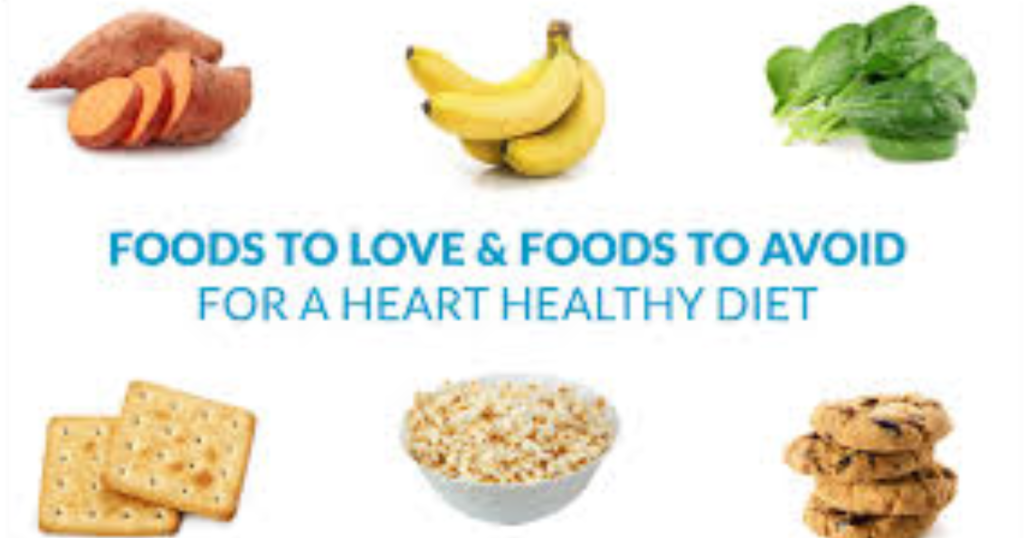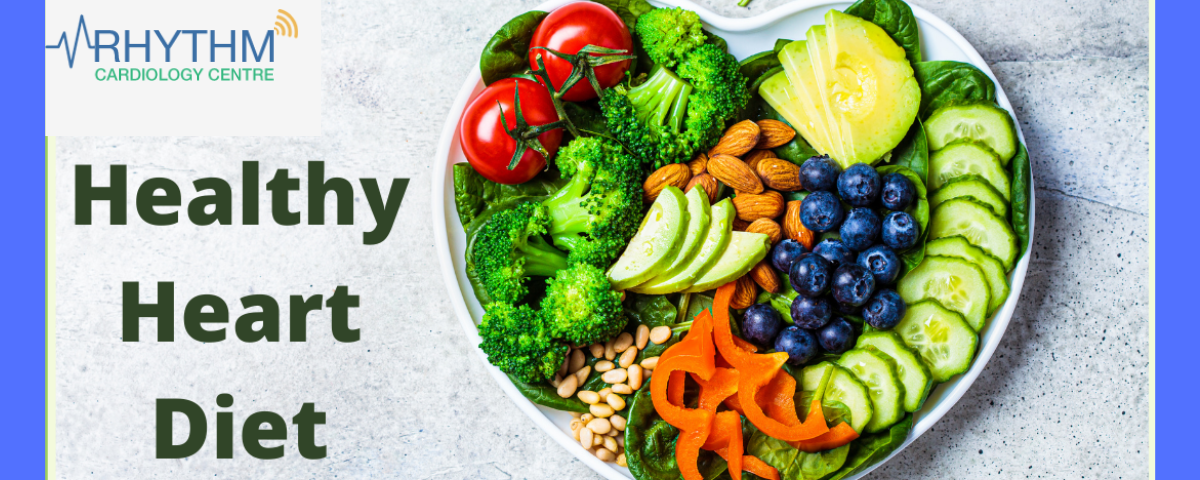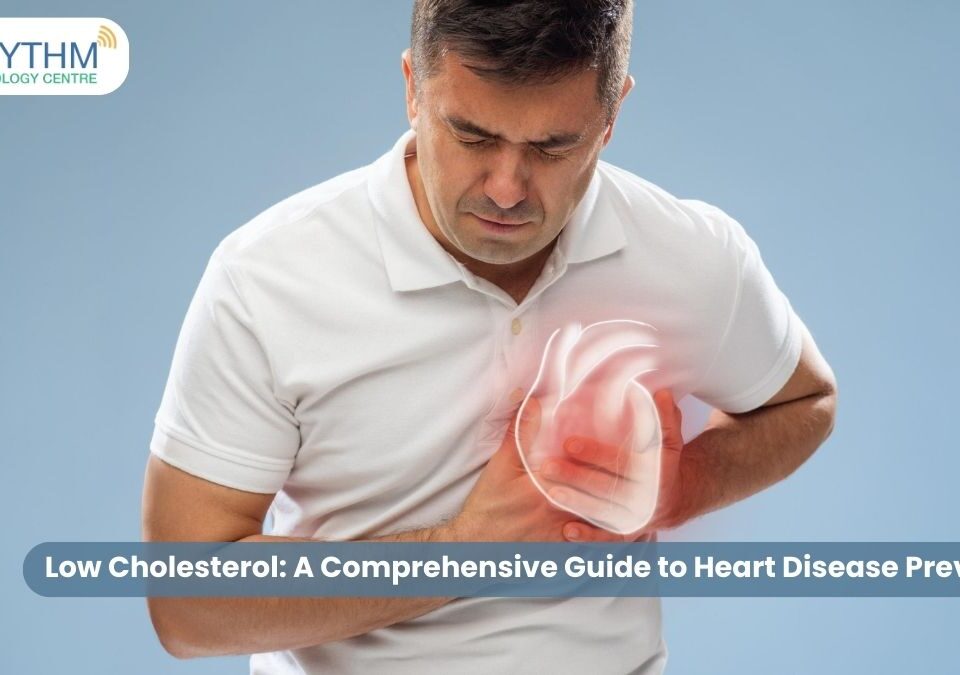- Ask for Appointment
- 8120981116
- [email protected]
Healthy Food For Healthy Heart – Cardiologist Indore

Heart Attack & Its Signs – Heart Specialist
December 1, 2022
Know Heart Pacemakers And Their Types
December 15, 2022The best cardiologist Indore suggests consuming a particular type of food can increase the risk of developing heart disease. But it can be a challenging task, especially for youngsters to follow and maintain a healthy diet and healthy eating habits. Even if you are aware that some foods can raise your risk of developing heart disease, it can be challenging to change your dietary habits.
Here are the heart-healthy diet suggestions by the cardiologist Indore, regardless of whether you have a history of bad eating or you are just looking to tweak your diet. You will be on the right track to a heart-healthy diet once you understand which foods to consume more of and which ones to limit
- Eat a Healthy Portion Size: – What you eat and in how much quantity you eat both matter and play an important role. Consuming more calories than necessary might result from overfilling your plate, going back for seconds, and stopping when you’re full.
You may improve the health of your heart and waistline as well as your nutrition by following a few easy recommendations for portion control suggested by cardiologist Indore:
- To help you regulate your servings, use a tiny plate or dish.
- Eat more nutrient-rich, low-calorie foods like fruits and vegetables.
- Consume high-calorie, high-sodium items in moderation, such as refined, processed, or fast food.

- Eat More Vegetables and Fruits: – Fruits and vegetables are excellent providers of vitamins and minerals. It is high in dietary fibre and low in calories. Like other plants or plant-based diets, fruits and vegetables contain compounds that may lower the risk of developing cardiovascular disease. You may be able to reduce your intake of high-calorie meals like meat, cheese, and snack foods by increasing your intake of fruits and vegetables.
It can be simple to include fruits and vegetables in your diet. Maintain sliced and washed vegetables in your refrigerator for quick snacking. To ensure that you remember to consume it, keep fruit in a dish in your kitchen. Pick recipes using vegetables or fruits as the primary ingredients, such as vegetable stir-fries or salads with fresh fruit.
Fruits and Vegetables to Choose
- Fruits and vegetables, whether fresh or frozen.
- Refrigerated vegetables are low in sodium.
- Preserved fruit in a juice or water mixture.
Avoid these fruits and vegetables
- Vegetables with coconut milk and creamy sauces.
- Batter-fried or fried veggies.
- Fruit in cans packed with a thick syrup.
- Frozen fruit that has been sweetened.
- Eat Whole Grains: – Fiber and other nutrients included in whole grains help to control blood pressure and maintain heart health. By adopting straightforward substitutes for refined grain products, you may boost the proportion of whole grains in a heart-healthy diet.
Whole Grain Products to choose
- Whole Grain Flour.
- Whole-grain bread, preferably made entirely of whole grains or whole wheat.
- Cereal which is high in fibre with 5 G or more per serving.
- Whole grains like buckwheat, barley, and brown rice (kasha).
- Whole grain pasta.
- Oatmeal.
Whole Grain Products to Avoid
- Refined white flour.
- White bread.
- Muffins.
- Iced waffles.
- Cornbread.
- Doughnuts.
- Biscuits.
- Rapid breads.
- Cakes.
- Eggs noodles.
- Seasoned popcorn.
- High-fat crackers for snacks.

- Avoid Unhealthy Fat: – To lower your blood cholesterol and lessen your risk of coronary artery disease, you should limit the amount of saturated and trans fats you consume. High cholesterol, or the formation of plaque in the arteries as a result of elevated blood cholesterol, can raise the risk of heart attack and stroke.
Cookies, cakes, desserts, crackers, and chips should all have food labels checked. In addition to having little nutritional value, several of these foods—even those with reduced fat labels—may also include trans fats. Although trans fats cannot be added to food anymore, some older items may still contain them. On the ingredient label, trans fats could be identified as partly hydrogenated oil.
Fats to Choose
- Canola oil and olive oil.
- Nuts and vegetable oils.
- Nuts, seeds, and avocados.
Fats to Avoid
- Butter, lard, bacon fat, gravy, and sauce cream.
- Non-dairy creamers.
- Chocolate contains cocoa butter.
- Oils from palm, cottonseed, coconut, and palm kernel.
When you do consume fats, choose monounsaturated sources like canola or olive oil. A diet rich in polyunsaturated fats, such as those found in fish, avocados, nuts, and seeds, is also recommended for heart health. Monounsaturated and polyunsaturated fats may help decrease your total blood cholesterol when utilised in place of saturated fat. Moderation is necessary, though. All forms of fat include a lot of calories.
Utilizing ground flaxseed is a simple approach to increasing your diet’s beneficial fat (and fibre) content. Small brown seeds called flaxseeds are rich in fibre and omega-3 fatty acids. According to cardiologist Indore, flaxseed helps some people with their harmful cholesterol levels.





